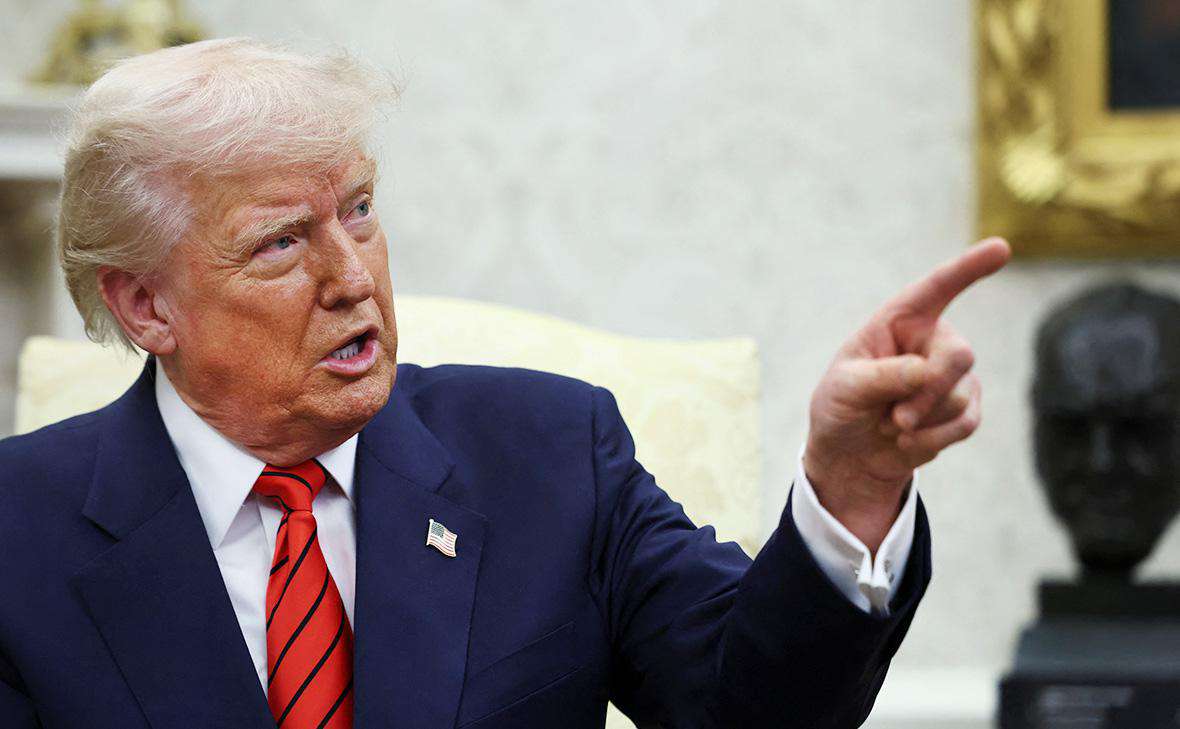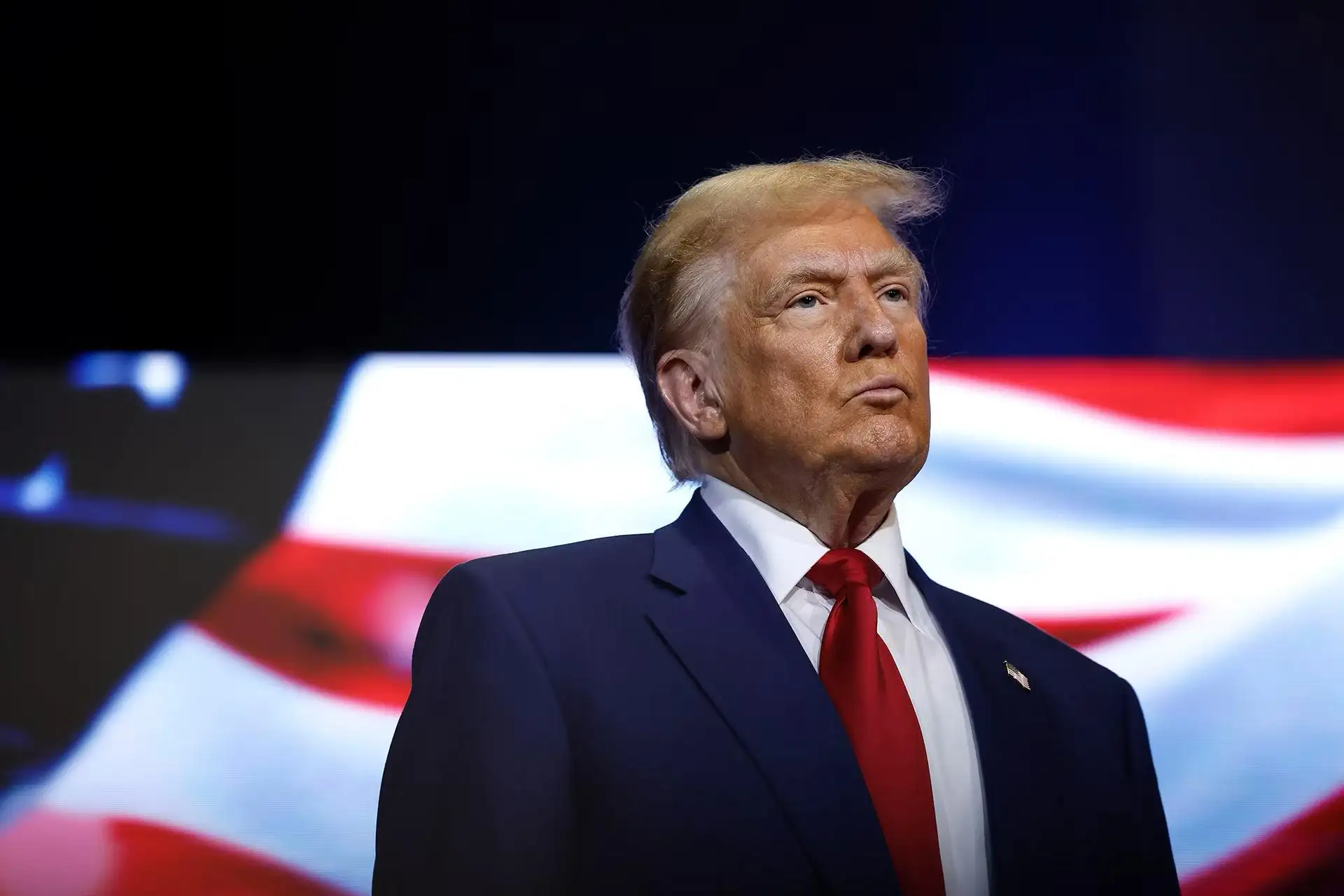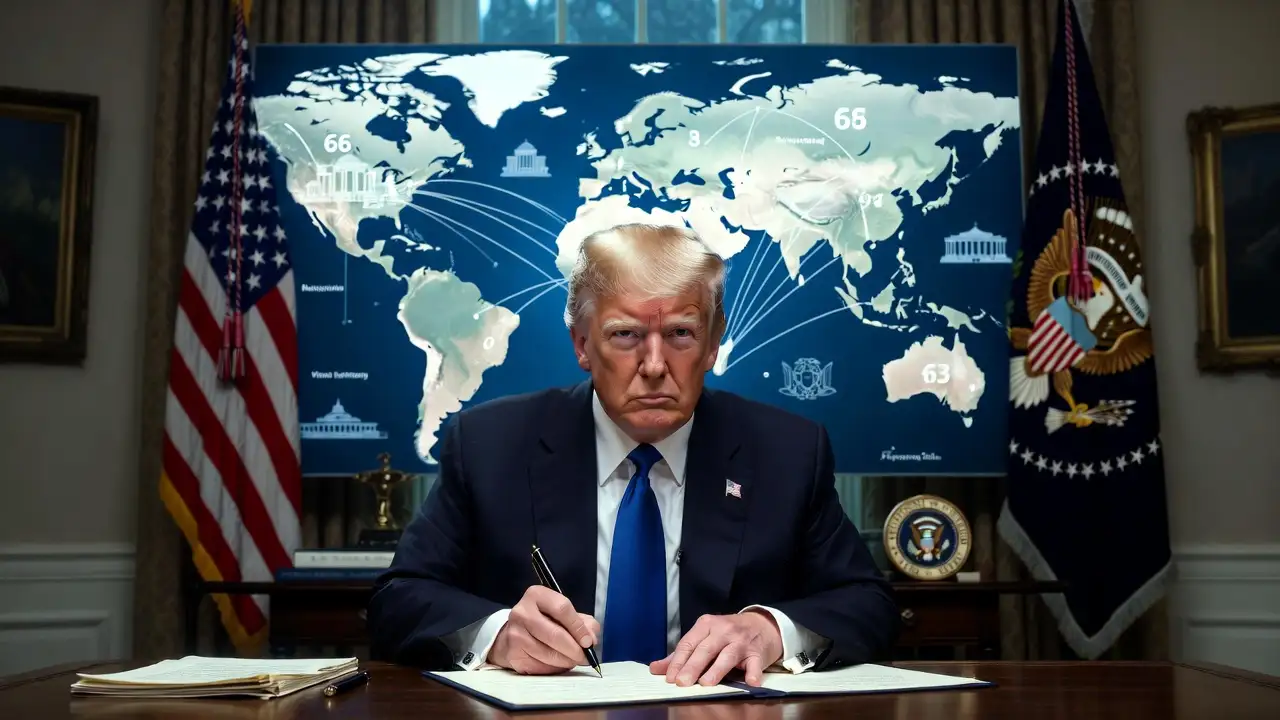President Donald Trump's decision to impose tariffs on most US imports escalated a global trade war, threatening inflation and slowing economic growth.
China, the world's second-largest economy, already faces 20% tariffs imposed by Trump, and will now face an additional 34% levy. Beijing has urged the United States to lift the new restrictions, warning it will retaliate immediately.
US Treasury Secretary Scott Bessent has urged other countries to refrain from retaliatory measures that could lead to sharp increases in the prices of consumer goods, including bicycles and wine. "If you retaliate, it will escalate," Bessent said in an interview with CNN.
Trump's tariff policies have also angered US allies. The European Union faces a 20% tariff, while Japan faces a 24% tariff. Tokyo considered all possible measures to respond to the "extremely painful" tariffs.
The basic 10% tariff will take effect on April 5, with higher reciprocal rates starting on April 9.
According to Fitch Ratings, the effective rate of US import tariffs under Trump's presidency has increased from 2.5% in 2024 to 22%.
Trump has said the "reciprocal" tariffs respond to tariffs on US goods and non-tariff barriers. He has argued that the new tariffs will help create manufacturing jobs in the country.




















